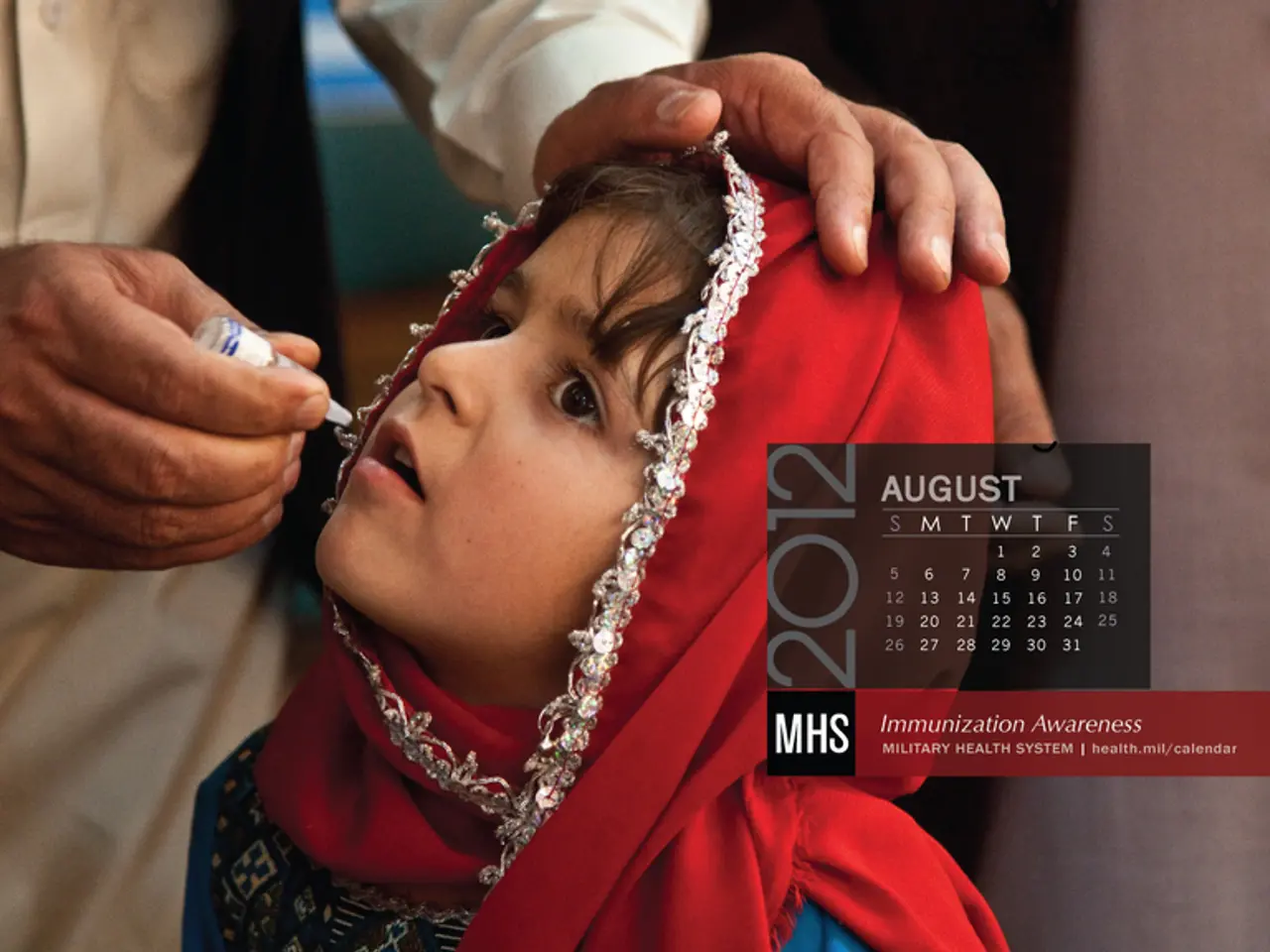Smallpox Eradication Marks Global Health Triumph, But Research Continues
The World Health Organization (WHO) declared smallpox eradicated in 1980, marking a significant global health achievement. The last natural case occurred in Somalia in 1977. Despite its eradication, research continues to ensure preparedness against this deadly virus.
Smallpox, also known as variola, is a highly contagious and lethal disease with no known cure. It spreads from the onset of symptoms until all scabs fall off. The virus has four types: Variola minor, Variola major, Hemorrhagic smallpox, and Malignant smallpox. The main U.S. institutions studying smallpox include the CDC and the University of Texas Medical Branch at Galveston, authorized by the WHO to retain live virus stocks. These institutions, along with Boston University's CEID, work on vaccines, drugs, and diagnostic tests to combat potential outbreaks.
Vaccination efforts led to smallpox's eradication. While the vaccine can have serious side effects, it also offers protection against other diseases like mpox. Smallpox symptoms progress through stages, including an incubation period, early symptoms, early rash, pustular rash, and scabs.
Smallpox, though eradicated, remains a concern due to its potential use as a bioterrorism agent. Ongoing research ensures preparedness, focusing on vaccines, drugs, and diagnostics to protect against this deadly virus.







